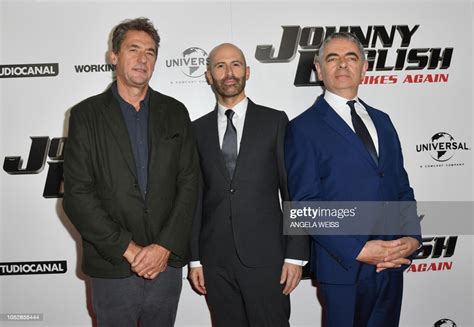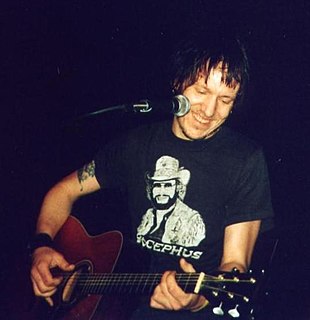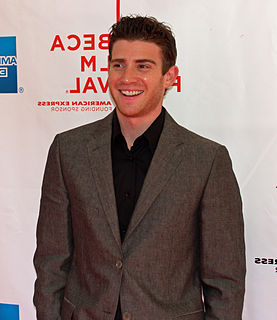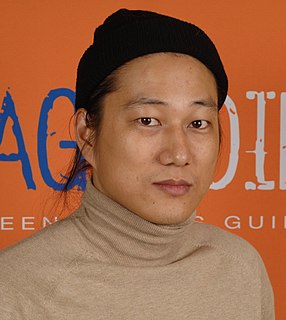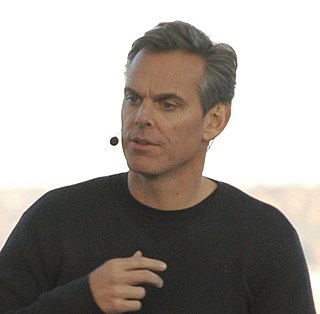A Quote by Bennett Miller
What I will say - one thing that is attractive about getting a real film made within the studio system is that studio systems, with their marketing and distribution, have real power.
Related Quotes
I had just finished reading The Day of the Locust when this piece was brought to my attention, and I was like, "How do you create art in the system, the way it is?" Looking around the studio film landscape, there are all of these great superhero movies, which is fantastic, especially for my kids, but it's hard to find real art house films in the studio system, these days.
There's a trend in Hollywood at the moment where studio executives are coming from more of a marketing background, and that is challenging. I think one of the problems of marketing executives is that they don't understand how films get made and they're a bit nervous. And that is not the most efficient way to be a studio executive.
All I've learned is that you need the studio system sometimes, if your budget is a certain size, and other films you can do independently. When I think of a studio, I generally think of distribution. Since I'm a director, I have a similar creative experience on every film I do, because I can control that. But then it's a different film, I think, as it reaches the public, depending on the way it's marketed. I don't know. I haven't learned much of anything. Sometimes you need them, sometimes you don't. Sometimes they want you, most of the time they don't.
European films had art. And it was easy to make a European film. They didn't come from the studio system, they weren't shot in sound studios, and that's a good thing, because in the studio system those movies would never have had a chance. And since we were coming from Europe, it was natural for us to use that simple style. Small budgets, less equipment, that was just how it was.
I don't use any real vintage hardware any longer. That's always been the object as far as gaining control of the studio environment, going back to when I built my first studio, Secret Sound, in New York City. The whole point was to not have to pay studio bills anymore and not be looking at the clock.
When I decided to go to art school, it wasn't necessarily something I thought I needed. No one talked about graduate school when I was an undergrad. I went on to a residency at the Studio Museum in Harlem, and that transition from Yale to the Studio Museum, that was the real beginning of my professional career.


